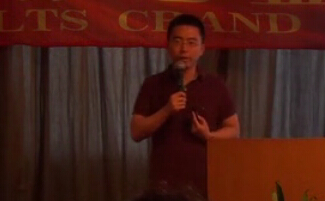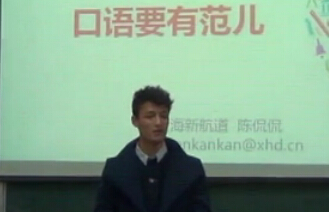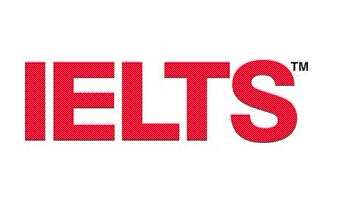研究:答题时感觉不能信
2012-03-26 16:14 供稿单位: 互联网
出国英语考试有哪些 雅思6.5是什么水平 雅思阅读评分标准 托福阅读评分标准 雅思和托福的区别
在经历了无数次的考试后,你是不是也变得身经百练般了。对于考试,即使不会也总结了许多的诀窍来应付,所以,不会做题,总还是能蒙对几个。
有人说:做选择题时对于那些拿不准的选项,要凭你感觉去选,这样的正确率大一些。但是研究显示,这种想法是错误的。一般来说,修改选择题答案比不修改答案的考试结果要好。
The standard advice for multiple-choice tests is: if in doubt, stick with your first answer.
College students believe it: about 75% agree that changing your first choice will lower your score overall (Kruger et al., 2005). Instructors believe it as well: in one study
55% believed it would lower students' scores while only 16% believed it would improve them.
And yet this is wrong.
One survey of 33 different studies conducted over 70 years found that, on average, people who change their answers do better than those who don't (Benjamin et al.,
1984). In none of these studies did people get a lower score because they changed their minds.
Study after study shows that when you change your answer in a multiple-choice test, you are more likely to be changing it from wrong to right than right to wrong. So
actually sticking with your first answer is, on average, the wrong strategy.
Why do so many people (including many who should know better, like the authors of test-preparation guides) still say that you should stick with your first answer? Kruger
et al. (2005) argue that it's partly because it feels more painful to get an answer wrong because you changed it than wrong because you didn't change it.
So we tend to remember much more clearly the times when we changed from right to wrong. And so when taking a test we anticipate the regret we will feel and
convince ourselves that our first instinct is probably right (when it's probably not).
- 上一篇:初春季节我们吃什么?
- 下一篇:散播流言能让人平静 有益健康

- 时时分享励志成长、英语学习、考试信息、留学动态等。《轻松学英文》致力于为广大英语学习爱好者提供青少英语、雅思、托福、SAT及留学规划等权威学习和资讯内容,力求帮助学生提高英语运用能力,在轻松快乐的环境中走向英语成功之道!
精彩专题
更多视频荟萃
更多
-
新航道姚骏鹏-雅思阅读高分攻略
时长:03-06

-
新航道陈侃侃-雅思口语要有范儿
时长:03-06

-
【3分钟学雅思】王大锤告诉你为啥药不能停
时长:01-12

-
【3分钟学雅思】全世界个感官餐厅
时长:01-12
热门文章
更多
-
8月31日雅思广州考机考初体验
选择机考模式的考生将通过机考模式参加听...









